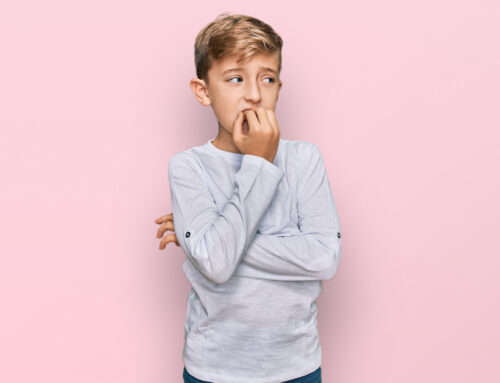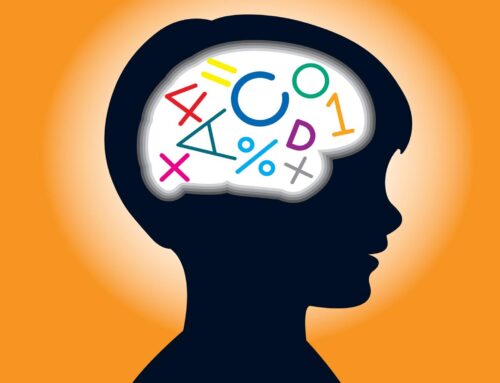In our last post, we discussed symptoms of depression in childhood – the developmental period that spans ages six to 12. This week, we review Cognitive Behavioral Therapy, an intervention approach devised to treat children with depression.
Cognitive-behavioral therapy(CBT) is most often utilized in the treatment of depression. CBT educates the child and family about the relationship between mood, behavior, thinking, and brain chemistry. The concept behind CBT is that an individual’s mood is related to their thought patterns. Negative thought patterns are thought to affect one’s sense of self, others, and the world.
The goal of CBT is to help clients identify negative thought patterns and replace them with healthier forms of thinking. Concurrently, therapists aim to change a client’s behavior patterns that further contribute to negative mood states.
So how is this accomplished in the course of therapy? First, the child and parents create a list of pleasant activities with the thought that engagement in these activities reduces stress and increases mood and self-confidence. It is important for depressed youths to have a general tool to help reduce and cope with stressors. Problem-solving techniques and coping statements are taught and applied throughout therapy to help reduce life stressors. The therapist also teaches the child about depressive thinking through various cognitive techniques such as thought stopping and cognitive restructuring. The child is taught to identify and restructure their distorted thoughts and beliefs.
In the case of depression, CBT serves to build positive thoughts and weaken the negative counterparts. For this to occur, it is also important that the family plays an active role in the child’s treatment to help apply skills learned in therapy to the natural environment.
Referral to a psychiatrist is often made to help facilitate the psychological component of depression treatment. While this component of treatment has received some debate over the years, research studies have consistently demonstrated that combined medication and psychological treatment are more effective in improving depressive symptoms when compared to medication alone and cognitive-behavioral treatment alone.
It is important for parents to know they are not alone. Help is out there for you and your child. Contact us to schedule a comprehensive evaluation for your child, or to learn more about the services offered at Georgetown Psychology Associates.



